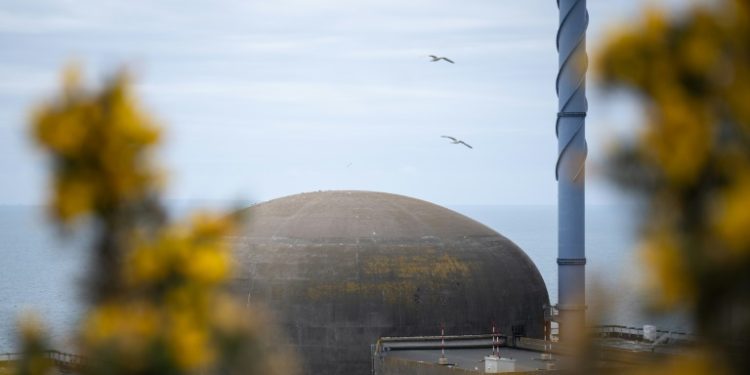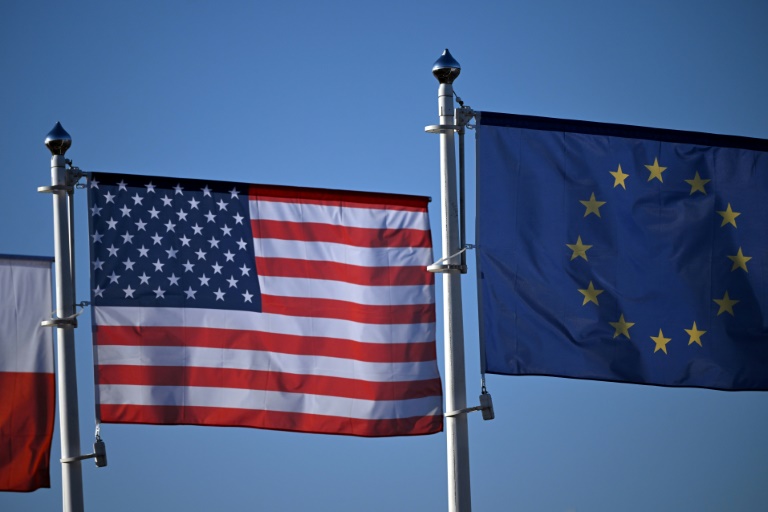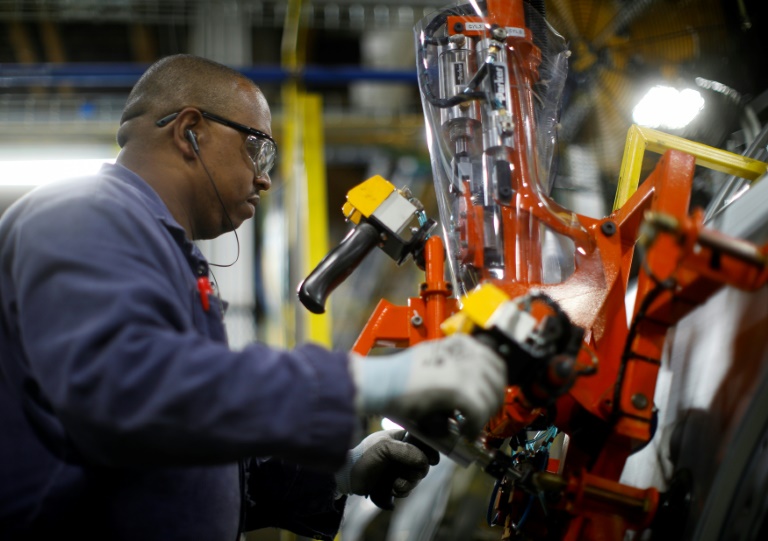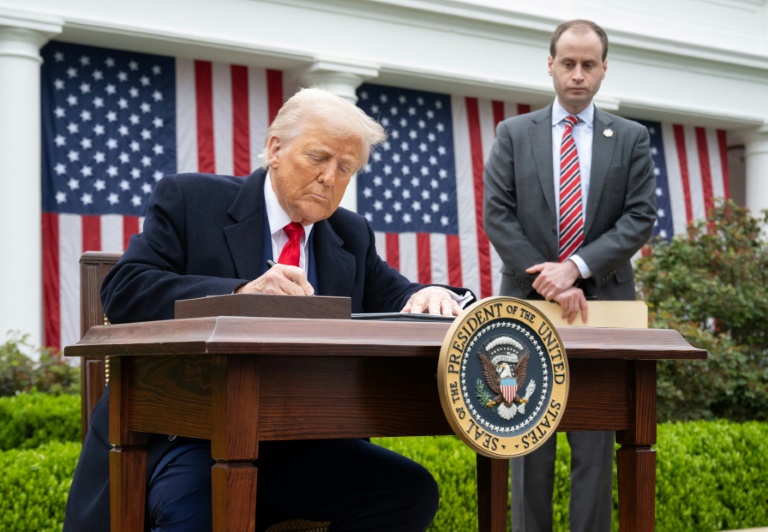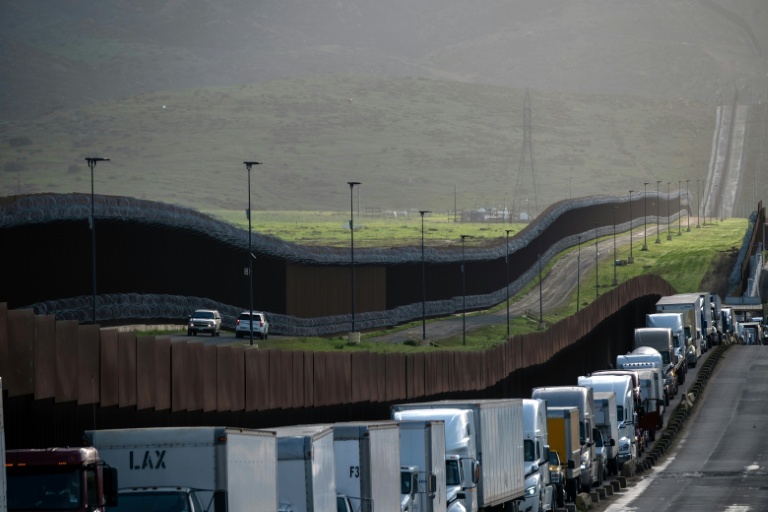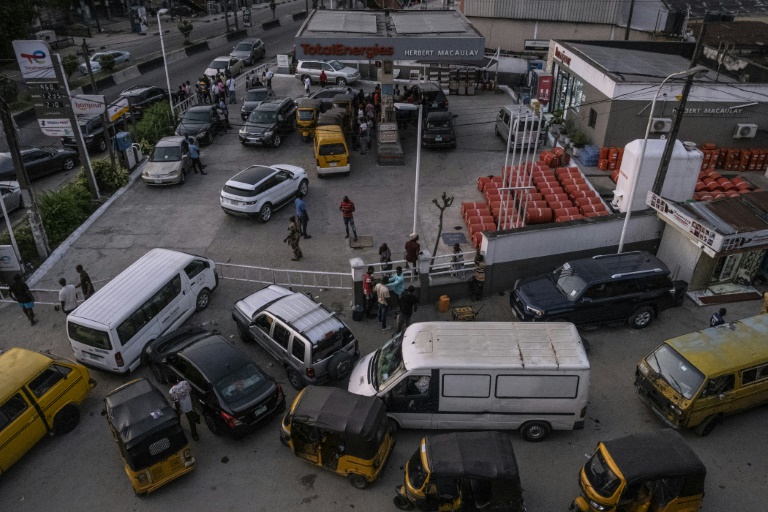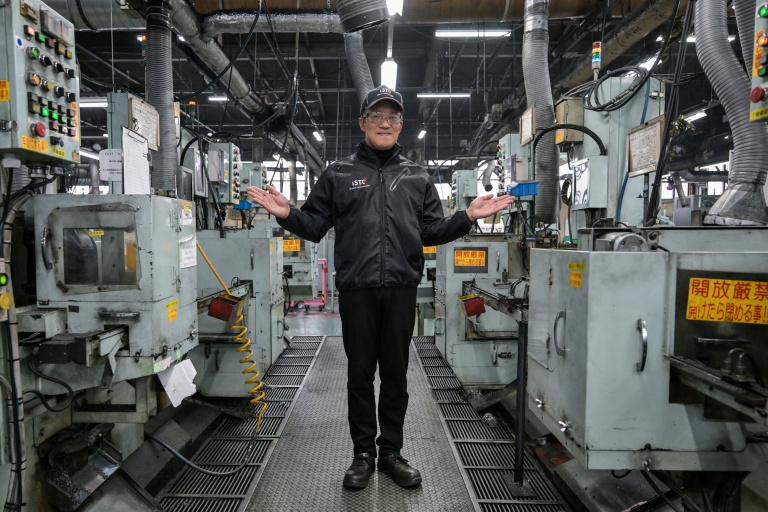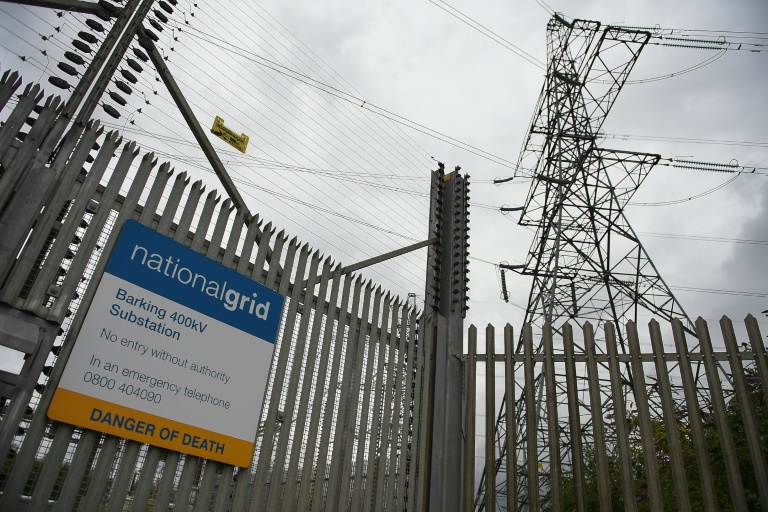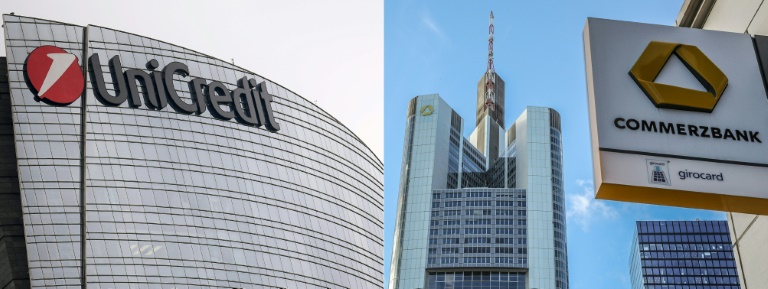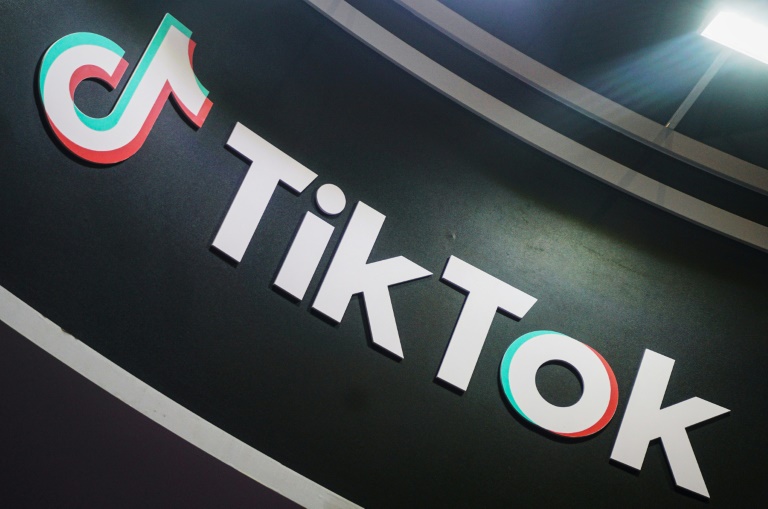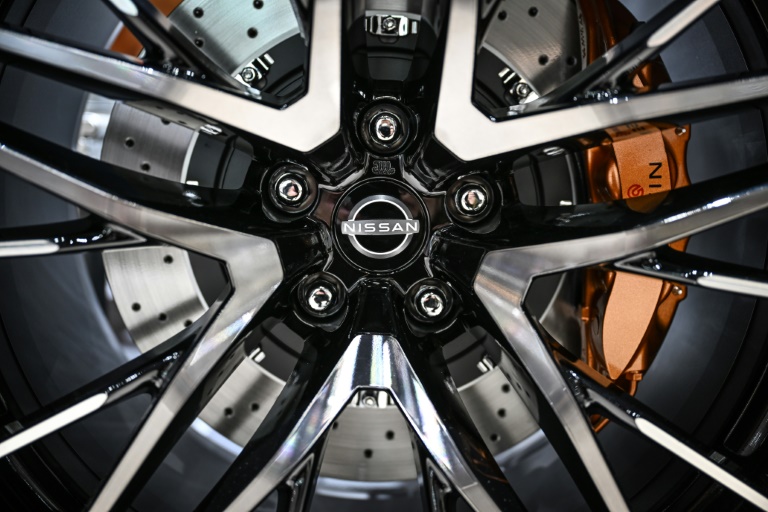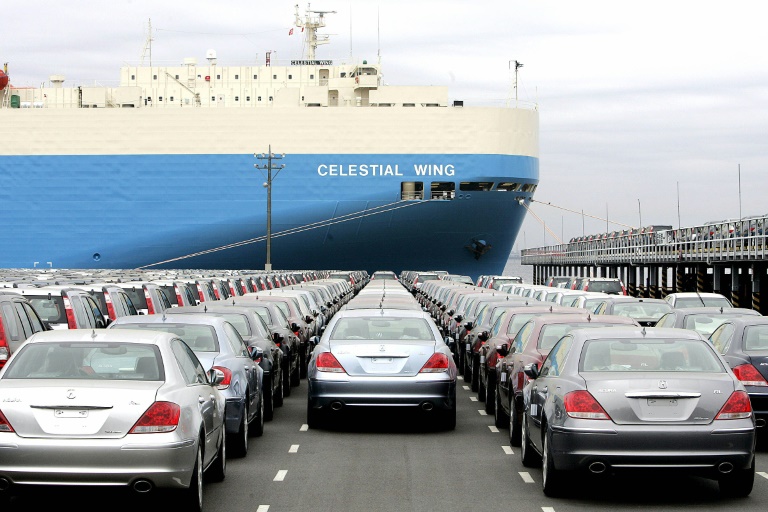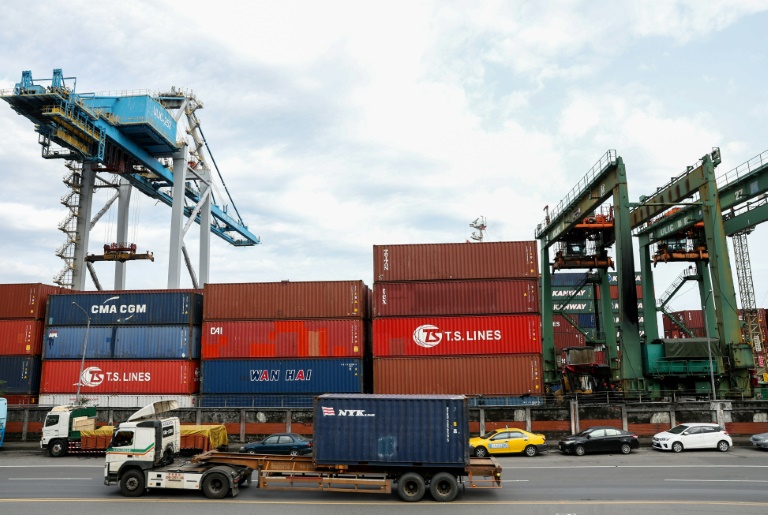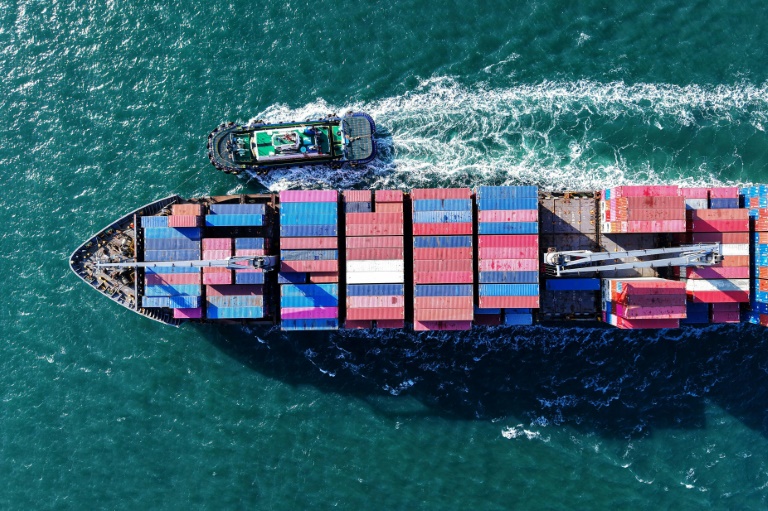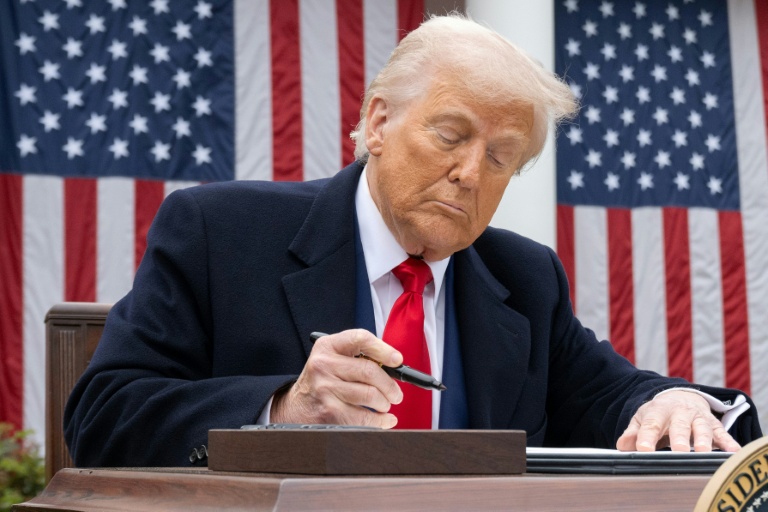Paris (AFP) – France’s flagship nuclear reactor at Flamanville in Normandy will finally enter service on Friday after a dozen years of delay, operator EDF said Wednesday. The energy operator stated that the coupling to the network of the Flamanville 3 EPR reactor “is planned for December 20, 2024,” but added that operation “will be marked by different power levels through to the summer of 2025” in a months-long testing phase.
Following this test phase, it is planned for the reactor to operate at 100 percent power until a first scheduled shutdown for maintenance and fuel reloading, dubbed Complete Visit 1 (VC1), EDF stated. The start-up of the new generation plant comes 12 years behind schedule after a plethora of technical setbacks, which saw the cost of the project soar to an estimated 13.2 billion euros—four times the initial 3.3 billion estimate. To mark the coming on stream, EDF will hold a press conference on Friday at its Paris headquarters.
The start-up was begun on September 3 but had to be interrupted the following day due to an “automatic shutdown” before resuming a few days later. The initial start-up marked the beginning of a gradual increase in power up to the 25 percent of capacity level, allowing the reactor to be connected to the electricity network. The grid connection was initially planned to be finalized before the end of the summer.
The EPR, a new generation pressurized water reactor, is the fourth of its kind anywhere in the world. It is also the 57th reactor in the French nuclear fleet and the most powerful in the country at 1,600 MW. Ultimately, it should supply electricity to upwards of two million homes.
French President Emmanuel Macron has decided to ramp up nuclear power to bolster French energy sustainability by ordering six EPR2 reactors, as well as eight additional optional ones from EDF in a policy commitment costing tens of billions of euros. The new nuclear policy has helped EDF move on from a crisis, as the need for checks or repairs to be carried out on multiple reactors due to a stress corrosion problem caused power production to plummet.
Nuclear power accounts for around three-fifths of French energy output, and the country boasts one of the globe’s largest nuclear power programmes. That is in stark contrast to neighbouring EU powerhouse Germany, which exited nuclear power last year by shutting down the last three of its reactors.
© 2024 AFP

